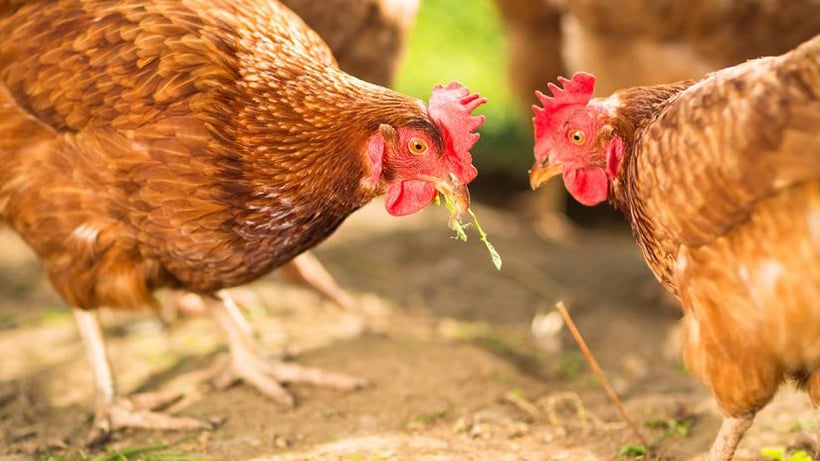
A study from the Roslin institute published in BMC Genomics has found that it is possible to prevent Campylobacter from entering the food supply by harnessing genes in the gut of chickens that are resistant to the bacteria.
The study discovered that some chickens contain genes that naturally resist Campylobacter infection. Selective breeding of chickens that resist bacterial infection could help prevent infected poultry from entering the food supply.
In the study, chicken flocks were bred to be either susceptible or resistant to Campylobacter. Researchers analysed the gut tissue of these chickens, and saw that there were significant differences in gene activity including some connected to disease immunity, such as Major Histocompatibility Complex and antimicrobial peptides. These variations may explain the chickens’ response to Campylobacter.
Specifically, Campylobacter jejuni (C. jejuni) is the leading cause of food poisoning in humans. Scientists say that chickens with heightened resistance to this particular bacteria can be bred selectively as a way to control Campylobacter and augment food safety.
What is Campylobacter?
Campylobacter is a harmful bacteria that infects the intestinal tract. The illness resulting from the bacteria, known as campylobacteriosis, is the leading cause of diarrhoea in people. Its other primary symptoms are fever and stomach cramps.
Campylobacteriosis is the most common food-borne illness in Australia and around the world.
People get Campylobacter from eating raw or undercooked poultry or something that touched it. Other possible sources include seafood, meat and produce, as well as contact with animals or consumption of untreated water.
Preventing campylobacteriosis
To prevent campylobacteriosis, always choose reputable food suppliers.
Keep raw poultry away from other foods, and use different cutting boards to prepare raw and cooked foods. When cooking poultry, make sure the centre of the product reaches a temperature of at least 75°C for at least two minutes — use a meat thermometer to check.
As the bacteria can survive on your hands, wash hands thoroughly:
- before, during and after preparing food
- after using the toilet
- after changing a nappy
- after blowing your nose, coughing or sneezing
- after touching animals
- after touching garbage
Research aims to stop food-borne illness
Ground-breaking studies like this one aimed at stopping food-borne illness at the genetic level will go a long way in ensuring poultry is safe for consumption by the time it reaches consumers.
Food-borne illness can also be prevented through proper food handling, preparation and cooking techniques. The Australian Institute of Food Safety (AIFS) provides comprehensive training on food safety best practices in Australia. Learn more about our nationally-recognised Food Safety Courses.




